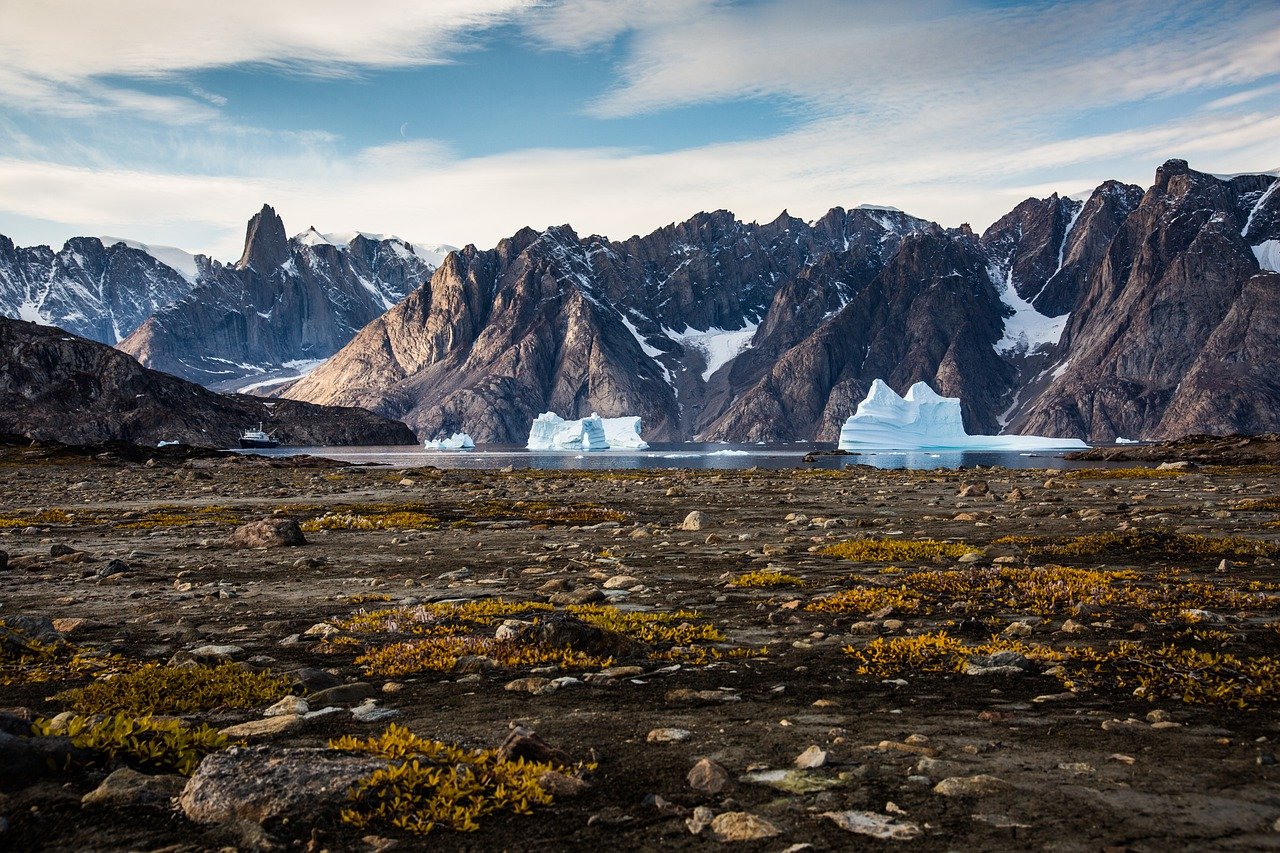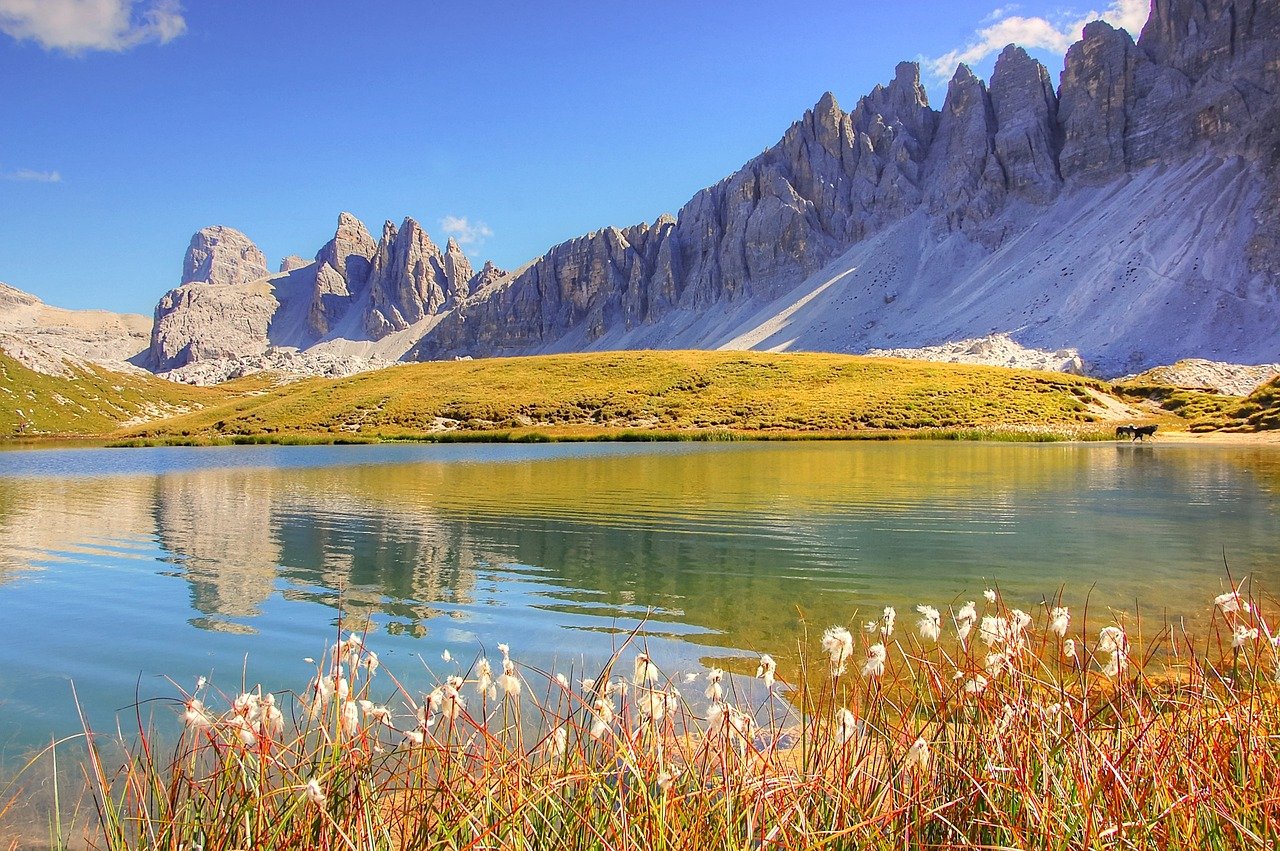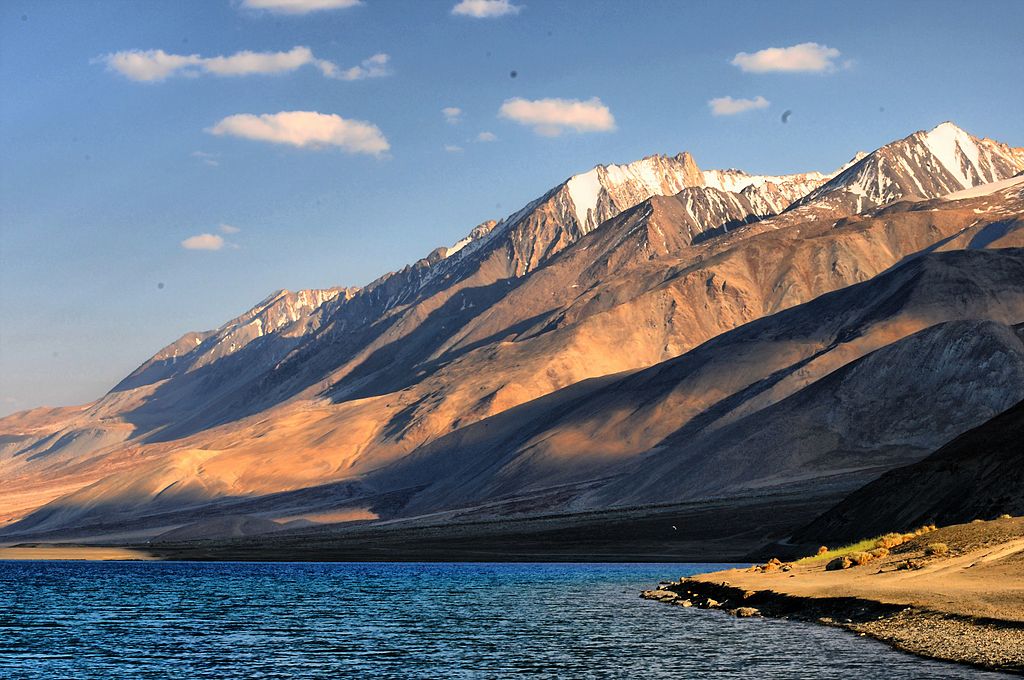News
- Details
- Category: MRI News
In an article published this month in the journal Mountain Research and Development (MRD), we outline future directions aimed at supporting and further developing the Mountain Research Initiative (MRI) network – building on the considerable social and intellectual wealth fostered for our changing mountains since the MRI’s beginnings over 20 years ago.
Since our origins in the 1990s, and with the founding of our Coordination Office in 2001, the MRI has striven to achieve a vision in which research to identify and understand drivers and processes of global change in mountains is promoted and linked across disciplines and mountain regions worldwide. Through the MRI Coordination Office’s convening role, over the course of our history we – as a network – have initiated numerous fruitful research collaborations, collectively generating and synthesizing knowledge on global change in mountains that also supports decisions and actions to enable sustainable development.
- Details
- Category: New Publication
A new paper exploring the impacts of vanishing mountain ice on water security projects significant long-term effects over decades, centuries, and even millennia, making serious impacts inevitable now and irreversible for generations to come.
The paper – co-authored by former MRI Co-PI, Professor Wilfred Haeberli, and Professor Rolf Weingartner, previously MRI Chair until his retirement in 2019 – also stresses that sustainable adaptation to the impacts of vanishing mountain ice requires comprehensive systems analyses, including dynamic socio-economic aspects.
- Details
- Category: Global News
In the second in a series of videos produced as part of the Global Change in Mountain Ecosystems (GloMEc) project, Prof. Dirk S. Schmeller, Axa Chair for Functional Mountain Ecology at ENSAT, discusses the intensified climate-change induced warming and weather extremes being seen in mountain regions.
Mountains – A Fragile Source of Life is a new short video series that aims to delve into different aspects of mountains and why they are important for human society. In this second episode, Mountains – Sentinels of Change, Prof. Schmeller looks at the rapid changes in temperature and much higher variations in daily temperatures mountain regions are experiencing compared to lowland regions. What does this mean for the unique species living in these harsh yet fragile environments – and indeed for all of us who rely on the ecosystem services these species support?
- Details
- Category: MRI News
At the suggestion of the Swiss Federal Department of Foreign Affairs, MRI Chair Professor Jörg Balsiger has joined a high-level panel of international experts to guide the Environment of Peace initiative.
The Environment of Peace (EP2022) project is an ambitious new initiative that aims to increase global understanding of the impacts that simultaneous environmental crises are having on peace and insecurity. It will analyse the drivers of and linkages between environmental change and its social dimensions—examining not just climate change but the consequences of issues such as the loss of biodiversity, water insecurity, and land degradation. It will explore the challenges and opportunities ahead, presenting clear and practical recommendations that can be adopted at different levels of decision-making.
- Details
- Category: Global News
New research published in the journal Natural Hazards uses satellite images to create a comprehensive survey of glacial lakes for the entire Trans-Himalayan region of Ladakh in order to help assess the future risks posed by glacial lake outburst floods.
Researchers from the South Asia Institute and the Heidelberg Center for the Environment investigated the causes of a glacial lake outburst with subsequent flooding in the Ladakh region of India. In order to frame the case study in a larger picture, the research team led by geographer Prof. Dr Marcus Nüsser used satellite images to create a comprehensive survey of glacial lakes for the entire Trans-Himalayan region of Ladakh.
- Details
- Category: MRI News
The next EGU General Assembly, traditionally held each spring in Vienna, Austria, will take place entirely online as vEGU21: Gather Online (#vEGU21) from 19–30 April 2021. This virtual event will bring together geoscientists from all over the world at one meeting covering all disciplines of the Earth, planetary, and space sciences.
The deadline for early registration is 31 March 2021.
- Details
- Category: MRI News
The American Association of Geographers (AAG) Annual Meeting will be held from 7–11 April 2021. Attendees including geographers, GIS specialists, environmental scientists, and other leaders will share and discuss the latest in research and applications in geography, sustainability, and GIScience.
Abstract submission is now open and the deadline for all submissions is 19 February 2021.
- Details
- Category: Global News














